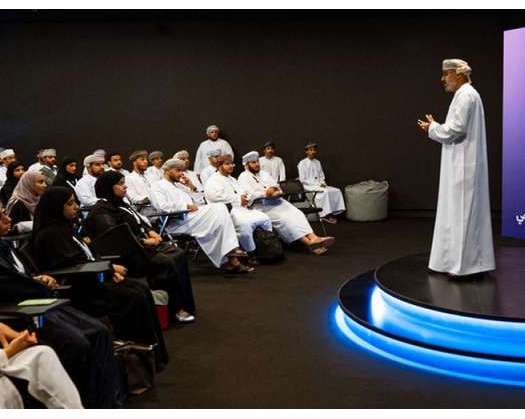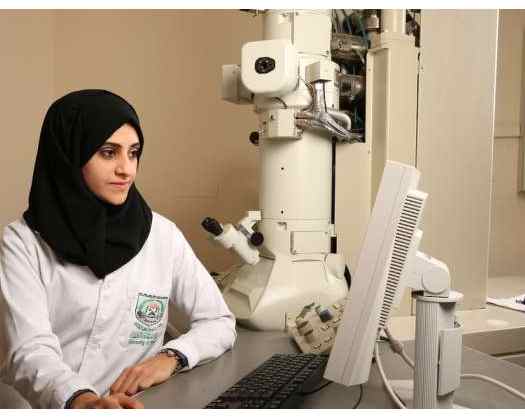Dr. Mohammad A. N. Al-Azawi, an Associate Professor specializing in Artificial Intelligence (AI) and Computer Vision at Al Buraimi University College, has led a groundbreaking research project titled ‘Utilizing Computer Vision and AI in Diagnostic Brain Abnormalities’ to transform medical diagnostics.
This research showcases the combined power of advanced technology in accurately detecting and evaluating brain anomalies.
Dr. Al-Azawi’s project marks a significant advancement in medical imaging processing, particularly focusing on magnetic resonance image (MRI) analysis in computer-aided diagnostic (CAD) systems. The core of the study lies in utilizing advanced computer vision and AI techniques to identify brain abnormalities, crucial for early diagnosis and treatment.
A key challenge addressed by Dr. Al-Azawi and his team was the inherent variability in brain shapes among individuals, complicating computer-based diagnoses.
To overcome this challenge, the researchers developed a unique method centered on the brain’s symmetry. By leveraging the natural symmetry between the brain’s two lobes, the study aimed to pinpoint deviations caused by abnormalities like tumors, which disrupt the brain’s natural symmetry.
The approach involved a detailed analysis of various features extracted from MRI images, such as color and texture, to accurately identify abnormalities. Through comparing the symmetry between the brain’s lobes, the algorithm created by Dr. Al-Azawi’s team achieved impressive precision, recall, and accuracy rates, reaching 95.3%, 94.7%, and 95% respectively.
Published in the prestigious journal Multimedia Tools and Applications, the study highlighted the effectiveness of utilizing the brain’s inherent symmetry for computer-based diagnosis.
Dr. Al-Azawi stressed that this method not only enhances diagnostic precision but also has significant potential for optimizing medical processes and enhancing patient outcomes.













